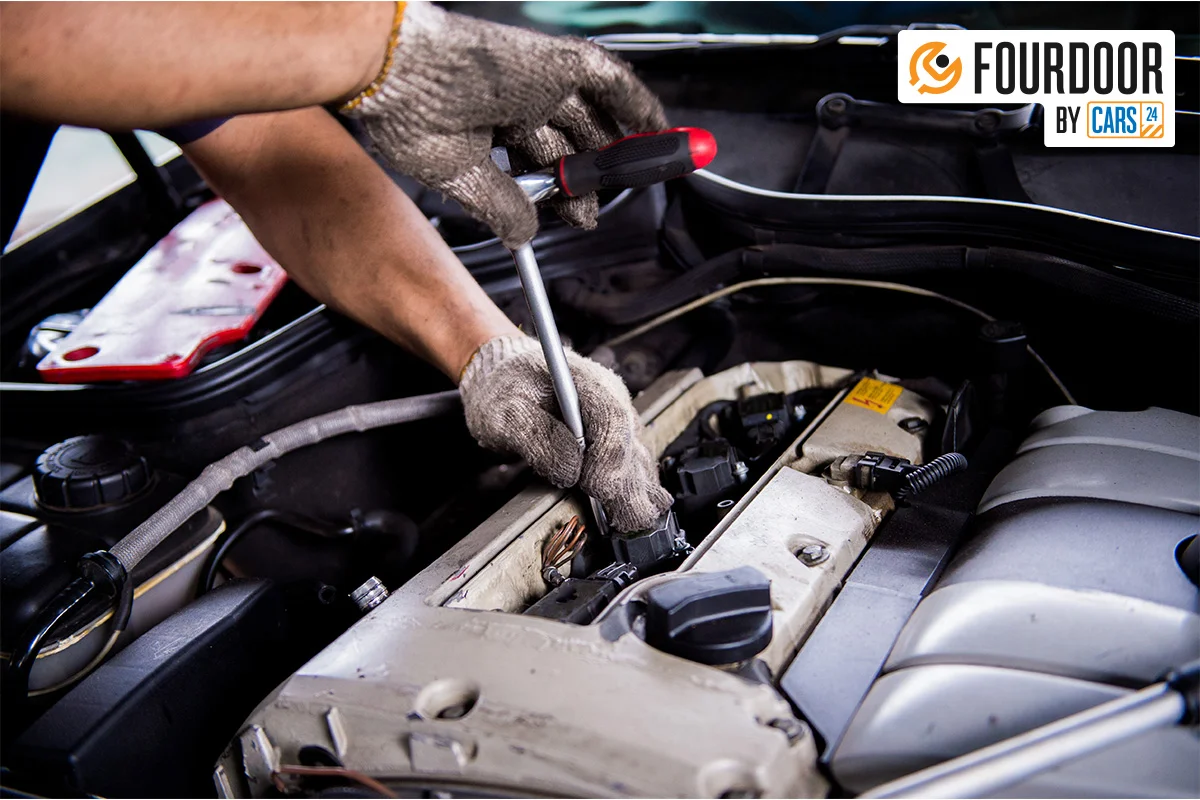Key highlights
1
Car tune-up is designed to ensure the engine operates at its optimum efficiency
2
Reduced fuel efficiency, rough idling, unusual noises are signs to consider
3
The timing of a tune-up depends on your car’s make, model, and age

- Tips for Maintaining Better Mileage Between Tune-Ups

- Professional Engine Tune-Ups: Why Expertise Matters

- What is an Engine Tune-Up and Why Does it Matter?

- How an Engine Tune-Up Improves Fuel Economy

- When Should You Get an Engine Tune-Up?

- Common Signs Your Car Needs a Tune-Up

- Conclusion

- FAQs
Key highlights
1
Car tune-up is designed to ensure the engine operates at its optimum efficiency
2
Reduced fuel efficiency, rough idling, unusual noises are signs to consider
3
The timing of a tune-up depends on your car’s make, model, and age
Akash Vashisth
A well-maintained car not only lets you experience smooth drives but also saves you money at the petrol pump. Routine tune-ups play a vital role in keeping your vehicle running efficiently while ensuring you get the best possible fuel efficiency. If you ignore the signs that your car needs attention, it usually leads to reduced fuel economy, higher running costs, and unexpected breakdowns. In this blog, we will understand the key signs your car might be due for a tune-up and how it helps improve fuel efficiency.
What is an Engine Tune-Up and Why Does it Matter?
Car tune-up is a routine maintenance procedure designed to ensure the engine operates at its optimum efficiency. It involves inspecting all the sensors such as Mass Air Flow, O2, Throttle Position, RPM, etc., and checking and replacing parts like spark plugs, air filters, ignition switch, ignition coil, relays and other components to optimise engine performance. With normal running, these components wear out or corrode, causing the engine to work harder and burn more fuel. Regular tune-ups not only improve fuel economy but also extend the life of your vehicle and reduce the risk of costly repairs.
Common Signs Your Car Needs a Tune-Up
If your car isn’t performing as well as it used to, it might be time for a tune-up. Here are some warning signs to watch for.
Reduced Fuel Efficiency
If your trips to the petrol pump have increased recently, your car could be burning more fuel than necessary. Despite all the efforts of driving at peak efficiency, the mileage you get is lower than before. This could be due to worn-out spark plugs, clogged air filters, malfunctioning sensors or restrictions in the fuel injectors.
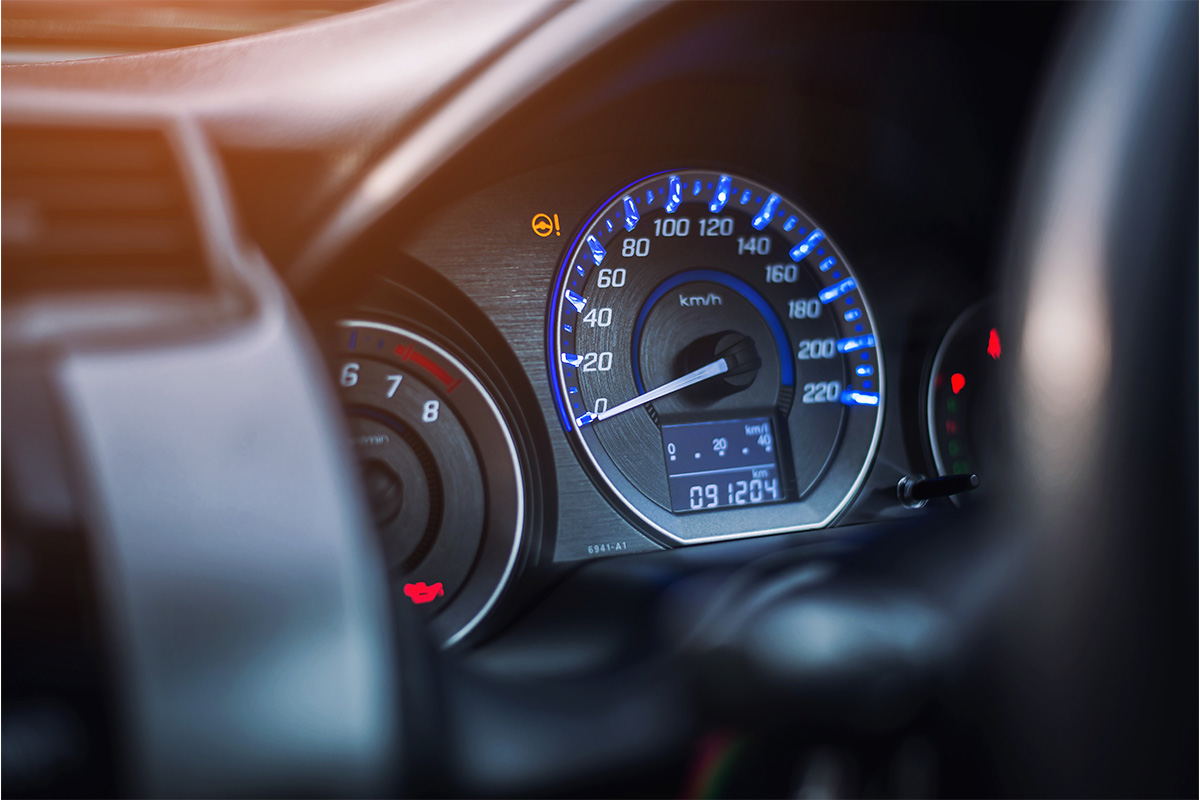
Rough Idling or Stalling
The car idles rough, irregularly or the engine stalls frequently. These signs indicate that there is an issue with the ignition system, fuel delivery, or airflow. These idling issues need a proper vehicle tune-up to get back to normal.
Unusual Engine Noises
Knocking, pinging, or rattling sounds coming from the engine bay are never a good sign. They often point to issues with spark plugs, timing, cams, or ignition.
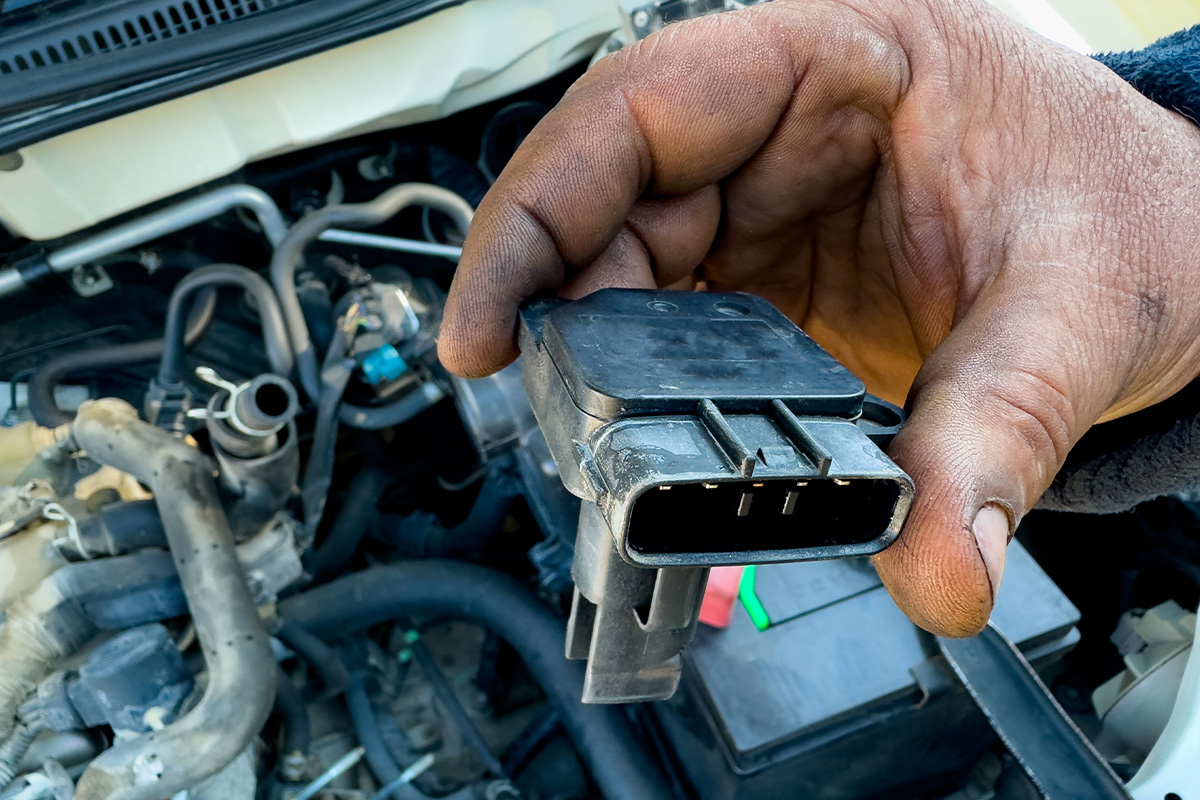
Loss of Power
If your car feels sluggish or struggles to accelerate, it might be due to a blocked air filter or worn spark plugs. Restoring these components can bring back your car's performance.
Warning Lights on the Dashboard
Modern cars are equipped with sensors that alert you to potential problems. If the check engine light comes on, it’s a clear sign that your car needs attention.
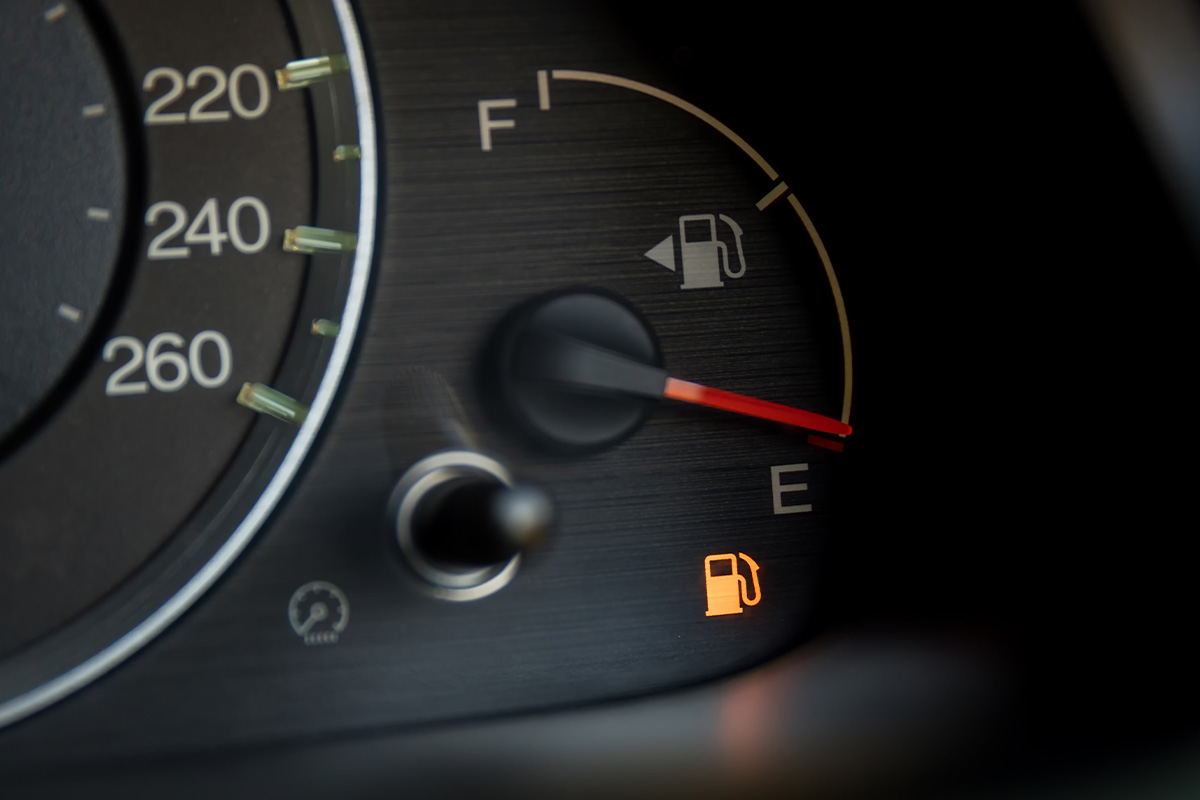
Excessive Smoke or Fuel Smell
Black or white smoke from the exhaust or a strong smell of fuel can indicate incomplete combustion. This is often caused by problems in the fuel system or issues with the engine.
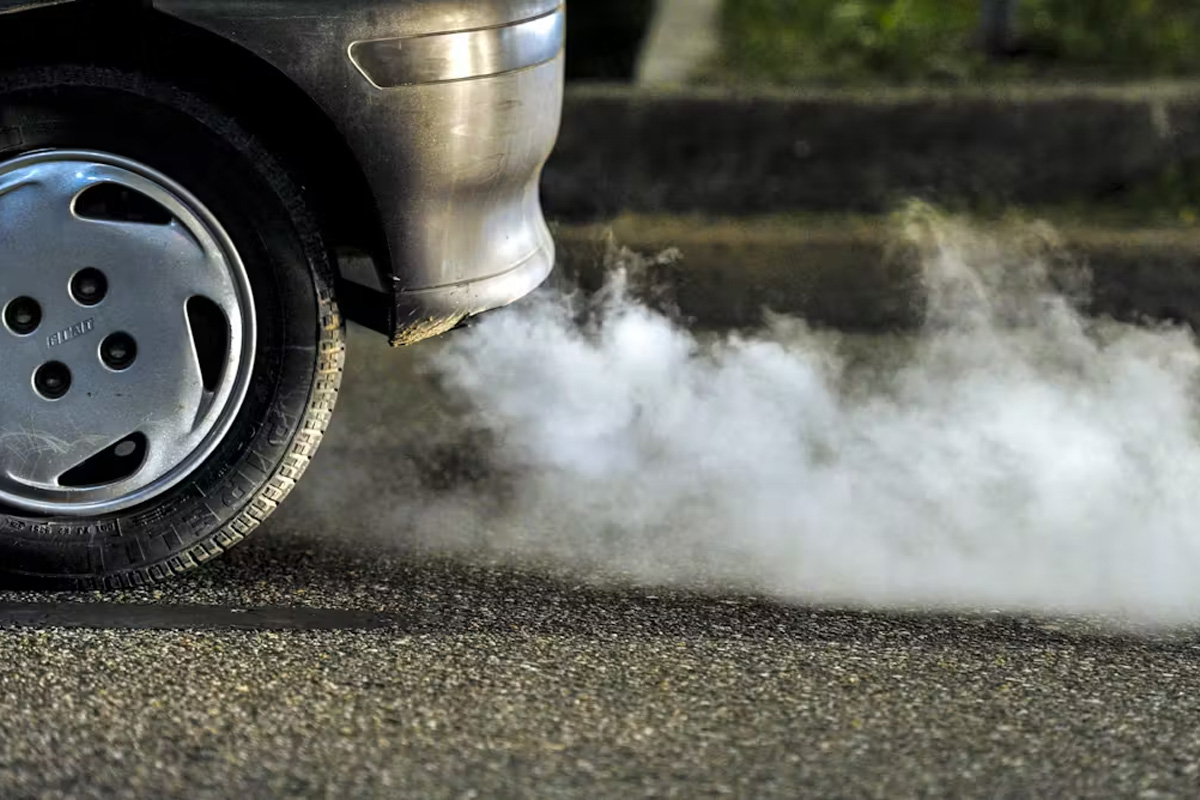 Difficulty Starting the Engine
Difficulty Starting the Engine
If your car struggles to start or takes longer than usual to start, it could be due to faulty ignition components or a weak battery, both of which are checked during an engine tune-up.
How an Engine Tune-Up Improves Fuel Economy
An engine tune-up ensures that all engine components and sensors involved in fuel delivery and ignition operate seamlessly. When the engine receives an adequate air supply, fuel delivery is precise, and ignition timing is perfectly calibrated, it results in optimal combustion within the cylinders. This not only improves fuel efficiency but also significantly reduces harmful emissions, making your car more environmentally friendly.
When Should You Get an Engine Tune-Up?
The timing of a tune-up depends on your car’s make, model, and age. Generally, most vehicles require a tune-up every 30,000 kilometres or three years. However, if you notice any of the signs mentioned earlier, don’t wait for the scheduled interval. Addressing problems early can prevent bigger issues later on.

Tips for Maintaining Better Mileage Between Tune-Ups
There are many reasons why your car is using up more fuel than usual. Here is how to increase car mileage while driving in the cities and highways.
- Change the engine oil regularly to ensure smooth engine running.
- The tyres must be properly inflated as they reduce unnecessary rolling resistance.
- Try using high-quality fuel to ensure efficient combustion.
- Ensure to keep the car’s fuel system clean to prevent blockages.
- Avoid aggressive driving habits like sudden acceleration and hard braking, as they strain the engine and use more fuel.
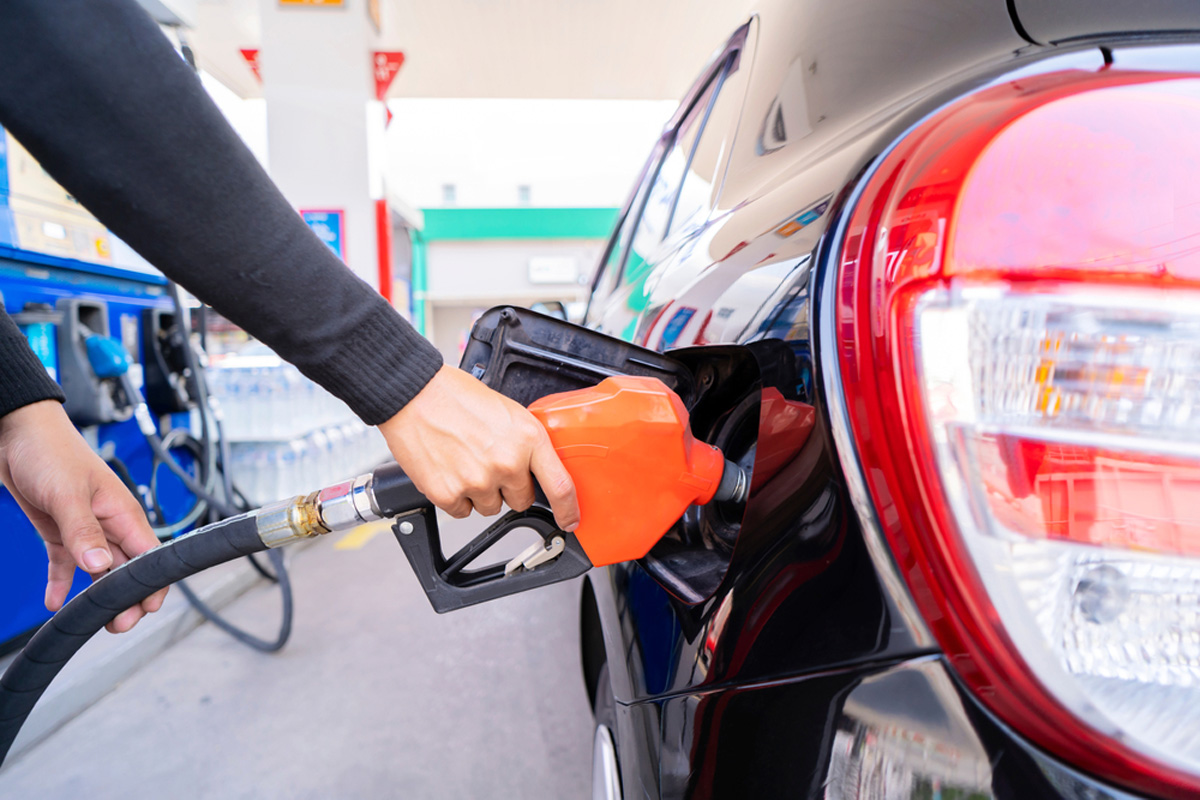
Professional Engine Tune-Ups: Why Expertise Matters
There are some maintenance tasks that can be handled at home; engine tune-ups are not one of them. Car engine tune-ups require extensive skills, specialised tools, and experience to ensure all components are thoroughly inspected and adjusted. Professional car workshops like FourDoor have skilled mechanics working in modern, fully equipped garages, ensuring the best results and complete peace of mind. The expertise of our mechanics helps them identify hidden issues, such as subtle ignition problems or fuel system inefficiencies, that could be affecting your car's fuel economy. Investing in a professional tune-up not only improves fuel economy but also provides reassurance and reliability.
Conclusion
Recognising the signs when your car engine needs a tune-up is essential for maintaining fuel efficiency and preventing expensive repairs. As all the problems related to sensors, rough idling, warning lights, unwanted noises or ignition are promptly resolved, your car’s reliability is enhanced. It ensures that your vehicle remains reliable in the long run. Regular engine tune-ups and proper maintenance are key to getting the most out of your vehicle. Don’t wait for your car to break down—give it the care it needs to perform at its best.
FAQs
Q. How to increase my car’s mileage?
You can increase the mileage of your car by driving it at optimum speed, avoiding hard acceleration and being light on the accelerator pedal.
Q. How to calculate the mileage of my car?
You can calculate your car’s mileage by following the tank-to-tank method. In the tank-to-tank method, you have to fill the fuel up to the brim and drive a car for about 100 km. Then refuel the tank from the same petrol pump up to the brim. Now calculate mileage by using this formula - distance/fuel in litres.
Q. What are the common signs that my car needs tune-up?
The common signs of a car requiring tune-up are:
- Reduced fuel efficiency
- Rough idling
- Unusual engine noises
- Loss of power
- Warning lights on the dashboard
- Excessive smoke or fuel smell
- Difficulty starting the engine
Q. Why has my car’s mileage suddenly decreased?
There are many reasons why your car's mileage is suddenly decreased, such as - sensors malfunction, clogged fuel injectors, worn-out spark plugs, clogged air filters, etc.
Q. Does tyre pressure affect fuel efficiency?
Yes, lower tyre pressure increases the rolling resistance leading to decreases fuel efficiency.
Q. How do clogged fuel injectors impact mileage?
Clogged fuel injectors are unable to provide enough fuel into the cylinders, which leads to loss of power. With lower power, the engine needs to work harder to provide the required performance, causing additional burning of fuel.
Q. What is the role of spark plugs in maintaining fuel efficiency?
Spark plugs ignite the air-fuel mixture in the cylinders. Worn-out spark plugs cause inefficient ignition, leading to loss of power and misfires. For enhanced fuel efficiency, spark plugs need to be in good shape.
